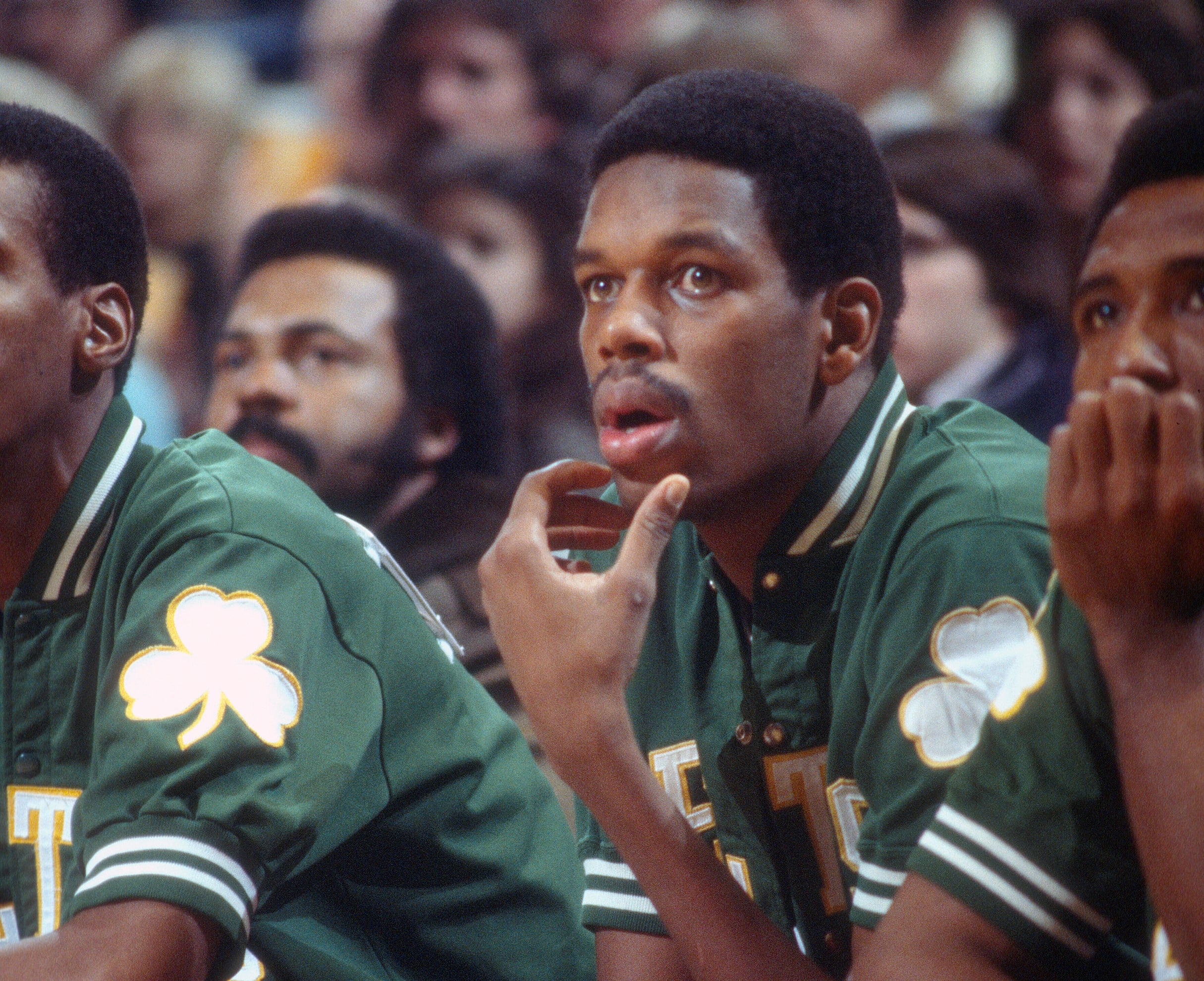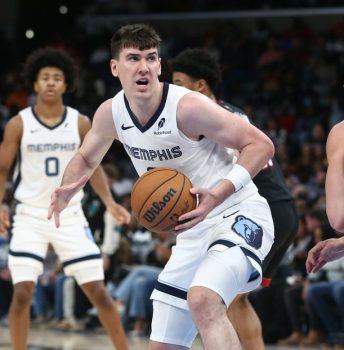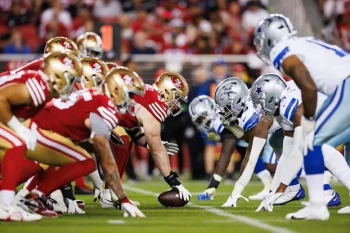NBA
Cedric Maxwell Quickly Went From the Boston Celtics Go-To Player to the ‘4th Musketeer’

In Cedric Maxwell’s second year in the NBA, he averaged 19.0 points and 9.9 rebounds to pace the Boston Celtics. The following season, a hyped-up rookie named Larry Bird came on board and stole the show. Despite Bird’s Rookie of the Year season, Maxwell still put up 16.9 points and 8.8 rebounds as Boston won 61 games in the 1979-80 season.
The following year, Red Auerbach pulled off arguably the biggest trade in Celtics history, and Maxwell quickly went from being the team’s go-to player to the “fourth musketeer” in a span of two years.
Cedric Maxwell put up some big numbers for the Boston Celtics

The Celtics selected Maxwell with the 12th overall pick in the 1977 NBA Draft. The 6-foot-8 forward out of UNC Charlotte only averaged 16.8 minutes in his rookie year but still managed to put up 7.3 points and 5.3 rebounds.
He came into his own in his second season when he played in 80 games and led the NBA in field-goal percentage at 58.4%. In addition to his 19.0 points and 9.9 rebounds, Maxwell also shot 80.2% from the free-throw line and averaged 1.2 steals.
He and Bird helped take the Celtics from a 29-win team in the 1978-79 season to the 61 wins in Bird’s first season. The Celtics then had the No. 1 pick in the 1980 NBA Draft, and that’s when Auerbach made his move.
The legendary GM/coach/president sent that first pick, along with the No. 13 selection, to the Golden State Warriors. In return, the Celtics got veteran center Robert Parish and the third pick in the draft. At No. 3, Boston drafted Kevin McHale.
Maxwell said he became the ‘4th musketeer’ after the trade with the Warriors
RELATED: Boston Celtics Championship History Countdown — Top 17 Signature Moments Ranked
Maxwell knew that when Bird came into the mix, he would no longer be the main man. He was OK with that, saying statistics weren’t the reason he played the game.
“Larry’s arrival meant that my role changed,” Maxwell told Michael D. McClellan of Celtic Nation. “The previous season, I’d averaged 19 points per game and was the go-to guy on offense. Larry was suddenly the primary weapon. He played on the opposite side of the basket, and I understood the need for me to sacrifice in order to make the team better.
“Personal statistics and achievements weren’t important to me. I was a team player. I wanted to win, so I concentrated on other aspects of my game.”
When Parish and McHale came on board, Maxwell found himself deeper down the list of options.
“That was one of the best trades in NBA history — or one of the worst, depending on which end you were on,” Maxwell said. “The Big Three became legendary, and rightfully so. I was the fourth musketeer, the guy who got lost in the shadows cast by Larry, Kevin, and Robert. I’d like to think that I was a pretty important piece of the puzzle while I was there.”
Even with the Big Three, Maxwell still showed his worth, becoming the MVP of the 1981 Finals — Boston’s first of three titles in the decade. He also followed through when he told his team to get on his back in Game 7 of the 1984 NBA Finals against the Los Angeles Lakers. In that game, Maxwell led the Celtics in scoring with 24 points as Maxwell and the Celtics earned their second championship of the ’80s.











